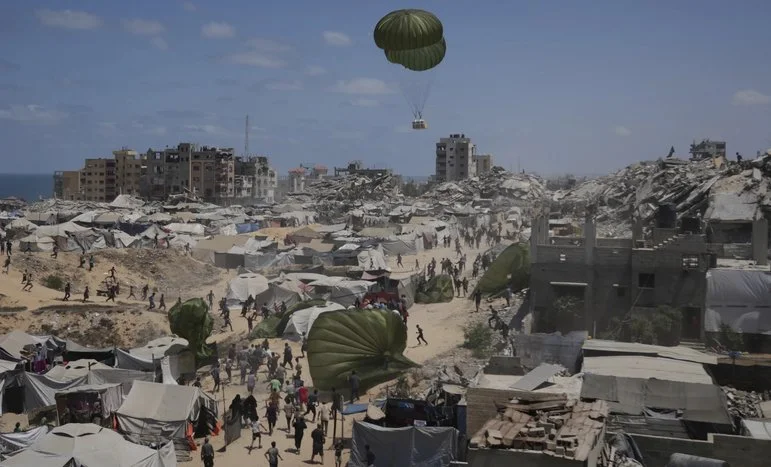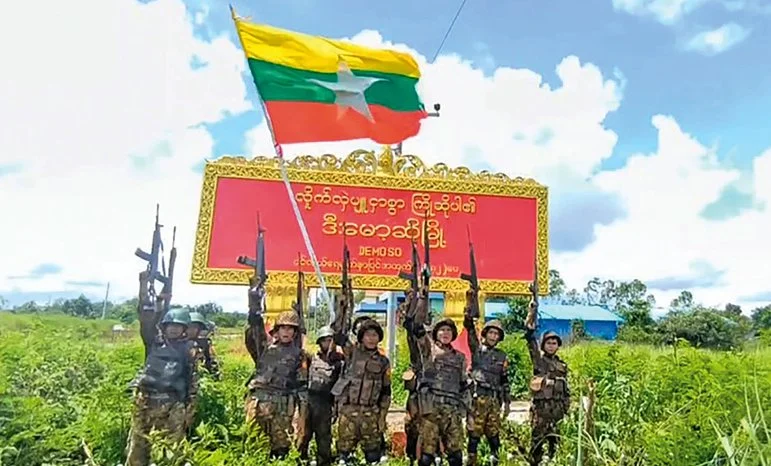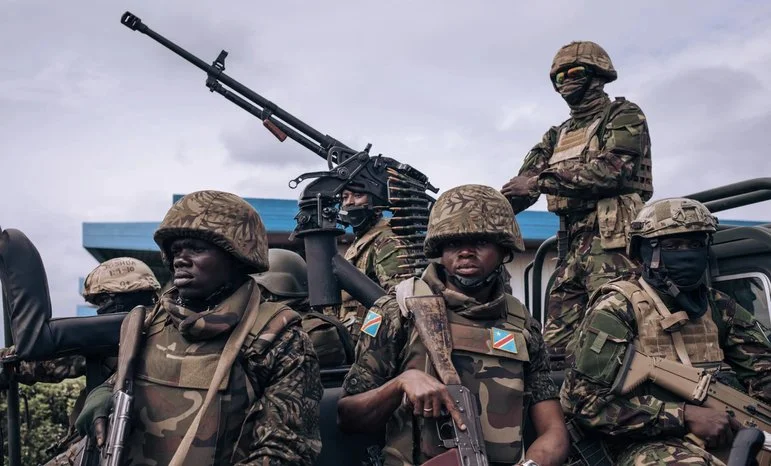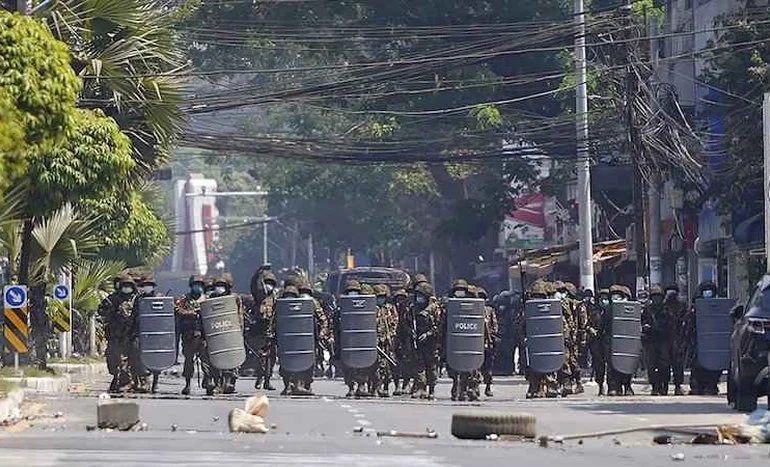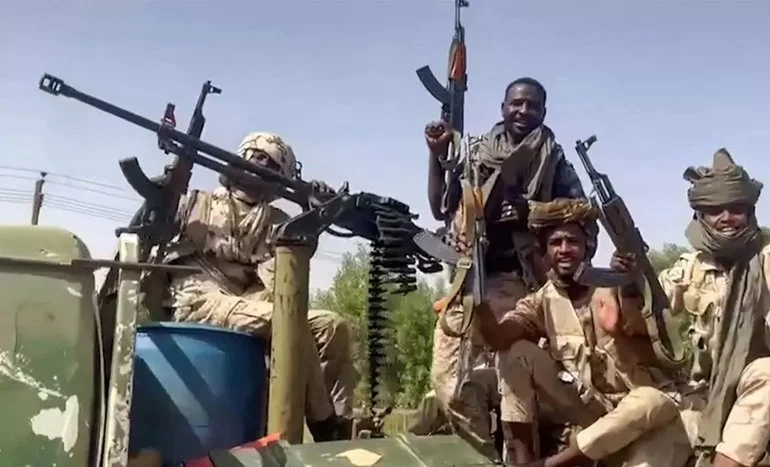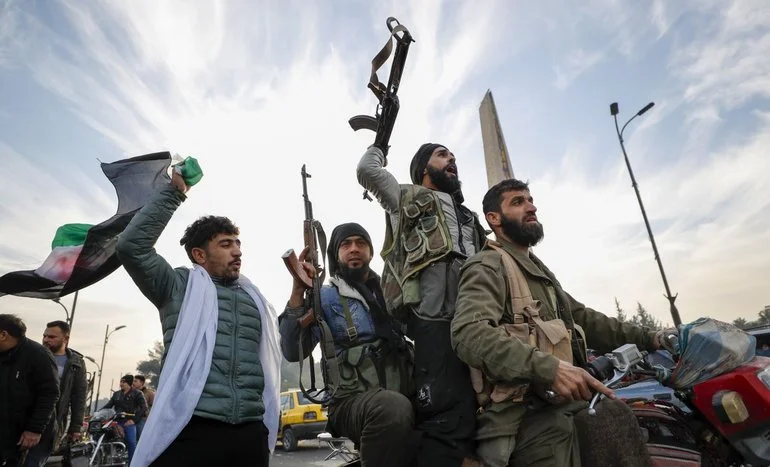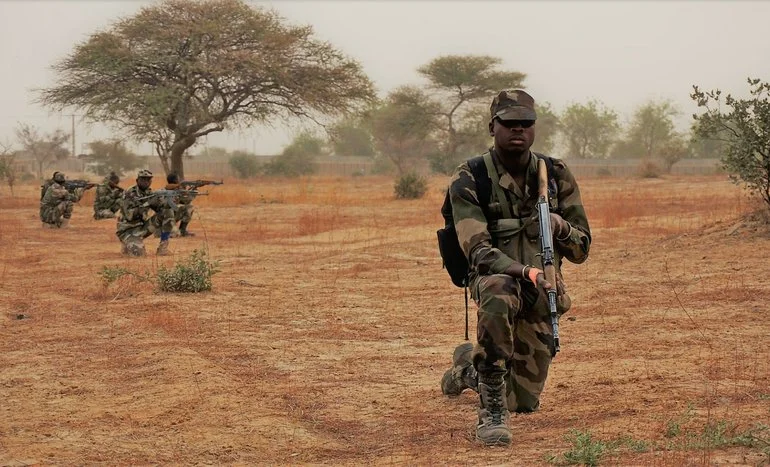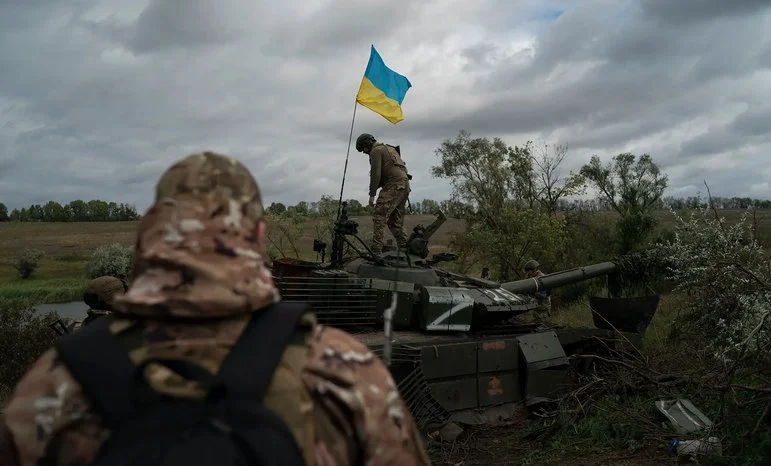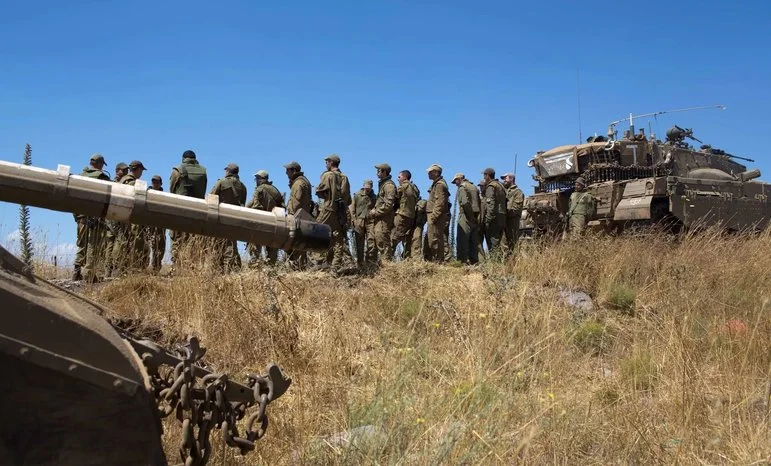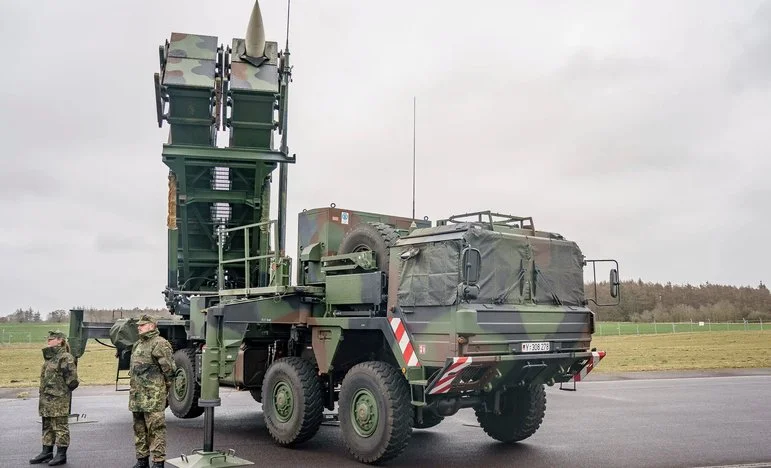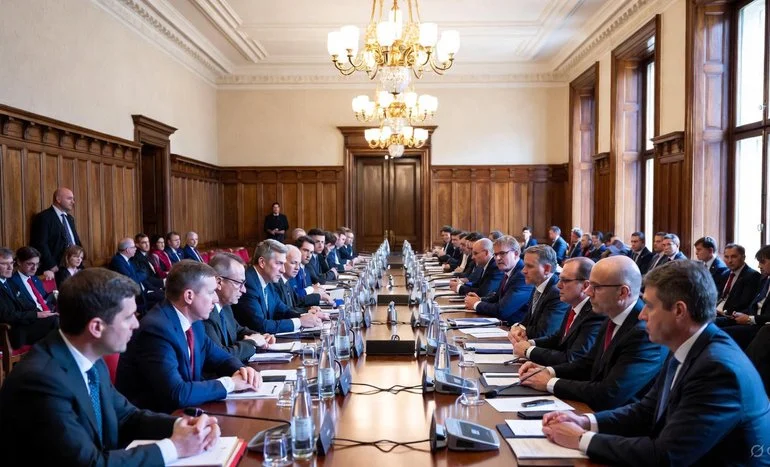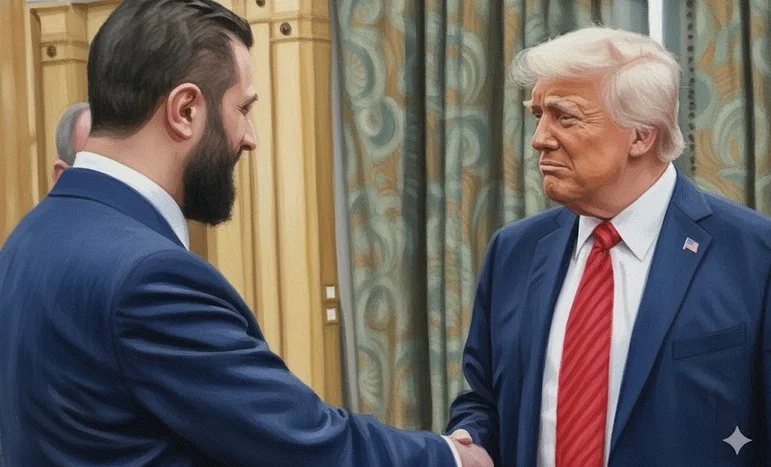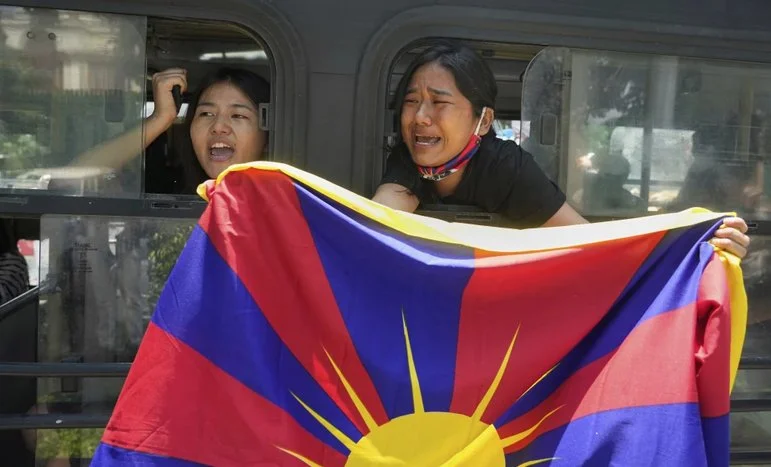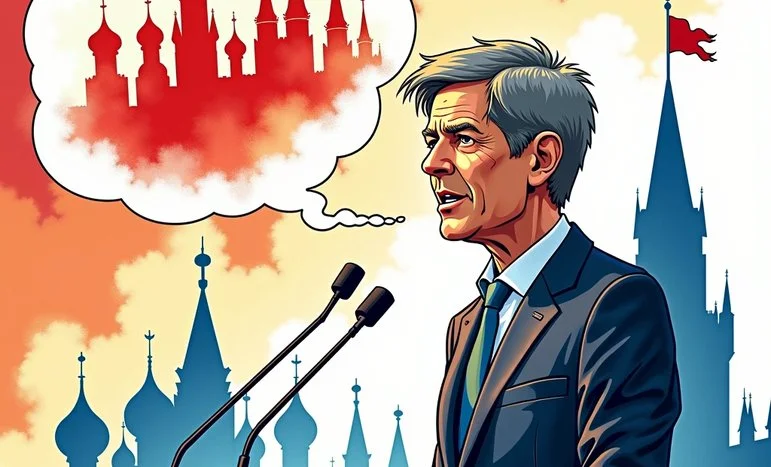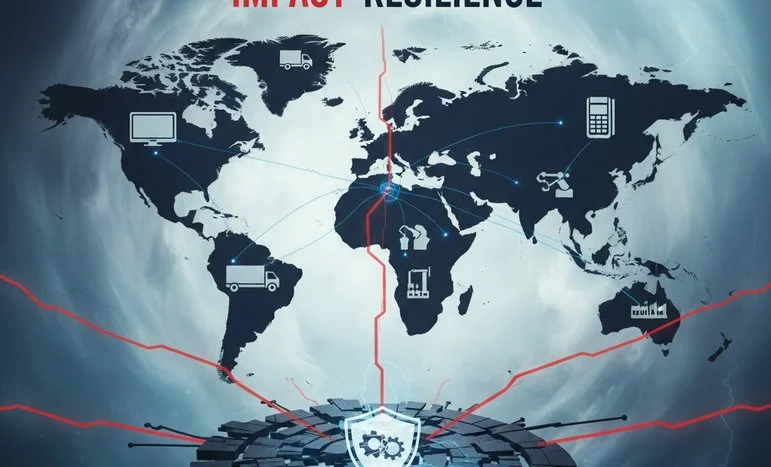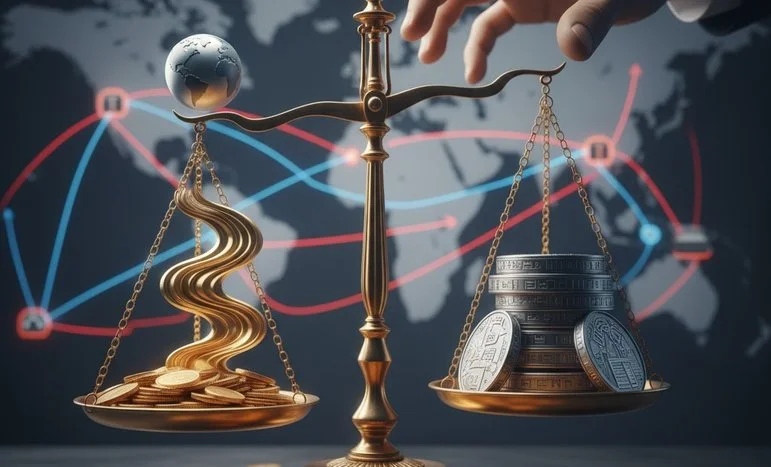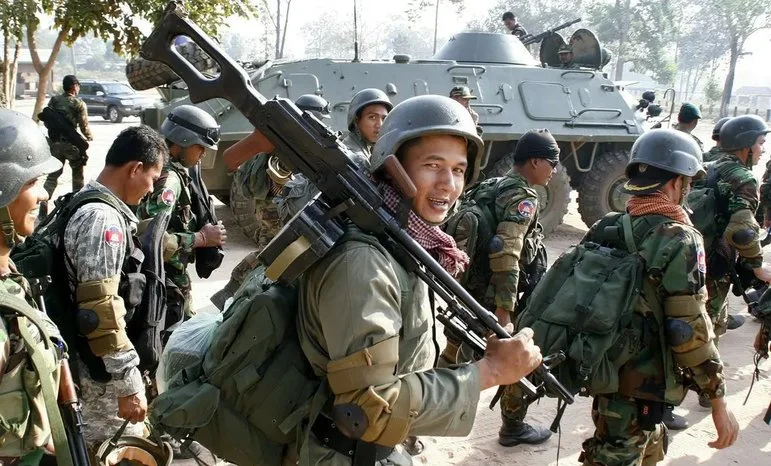
Cambodia-Thailand Border Clashes Leave 13 Dead as Ceasefire Talks Begin
Cambodia-Thailand Border Clashes Leave 13 Dead as Ceasefire Talks Begin
A sharp escalation in long-standing border tensions between Cambodia and Thailand has left at least 13 people dead and dozens injured, raising alarm across Southeast Asia and beyond. As both nations begin ceasefire talks under intense regional pressure, the world watches with concern—and hope—for a swift return to stability.
The clashes, reportedly centered around disputed territory near the Preah Vihear Temple, reflect a complex mix of nationalism, local grievances, and unresolved historical claims. While military exchanges have periodically flared in past years, the current violence marks one of the deadliest episodes in recent memory.
A Region at a Crossroads
This confrontation underscores the fragility of peace in parts of Southeast Asia, where historical boundaries and political undercurrents still carry deep emotional weight. Yet both Thailand and Cambodia also share strong economic interests, mutual tourism ties, and growing regional integration—making a prolonged conflict neither strategic nor sustainable.
As ceasefire talks begin, observers are cautiously optimistic. ASEAN, the regional bloc to which both nations belong, has traditionally preferred quiet diplomacy, but the gravity of this situation may require more proactive mediation.
The Global Stakes
While this is a localized border conflict, its ripple effects are global. The U.S. and its partners have a strong interest in maintaining peace and stability in Southeast Asia—a region critical to maritime trade, emerging markets, and geopolitical balance.
The Biden administration, consistent with past U.S. foreign policy, is likely to support regional efforts for de-escalation, offering diplomatic backing while respecting ASEAN-led initiatives. Peace, dialogue, and restraint must take precedence over nationalism and escalation.
Final Thought
The loss of life along the Cambodia–Thailand border is a tragedy that must not be repeated. As both governments open the door to ceasefire talks, they must also open their minds to compromise. The international community, especially long-standing allies like the United States, stands ready to support peace—not as outsiders with interests, but as partners who believe diplomacy is still the strongest weapon in any conflict.
We appreciate that not everyone can afford to pay for Views right now. That’s why we choose to keep our journalism open for everyone. If this is you, please continue to read for free.
But if you can, can we count on your support at this perilous time? Here are three good reasons to make the choice to fund us today.
1. Our quality, investigative journalism is a scrutinising force.
2. We are independent and have no billionaire owner controlling what we do, so your money directly powers our reporting.
3. It doesn’t cost much, and takes less time than it took to read this message.
Choose to support open, independent journalism on a monthly basis. Thank you.
